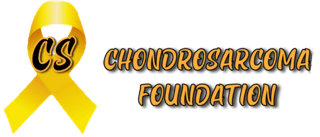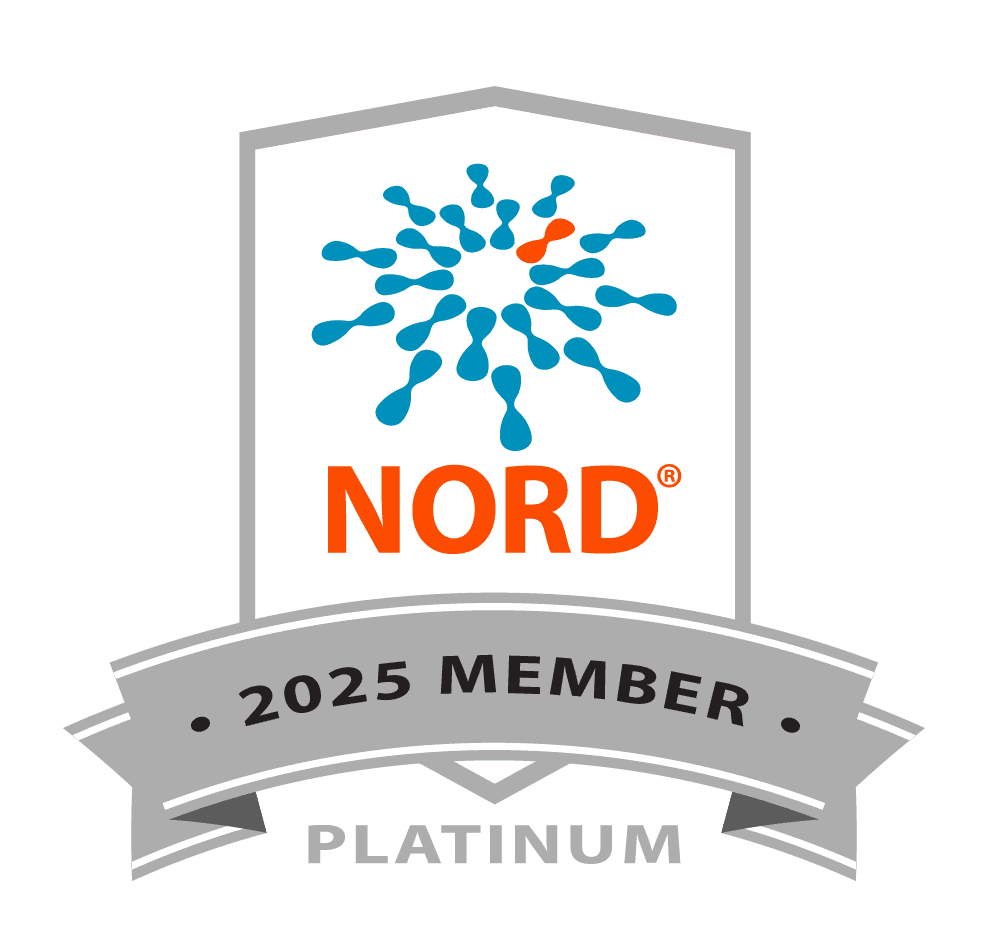Sarcoma Oncologists
-
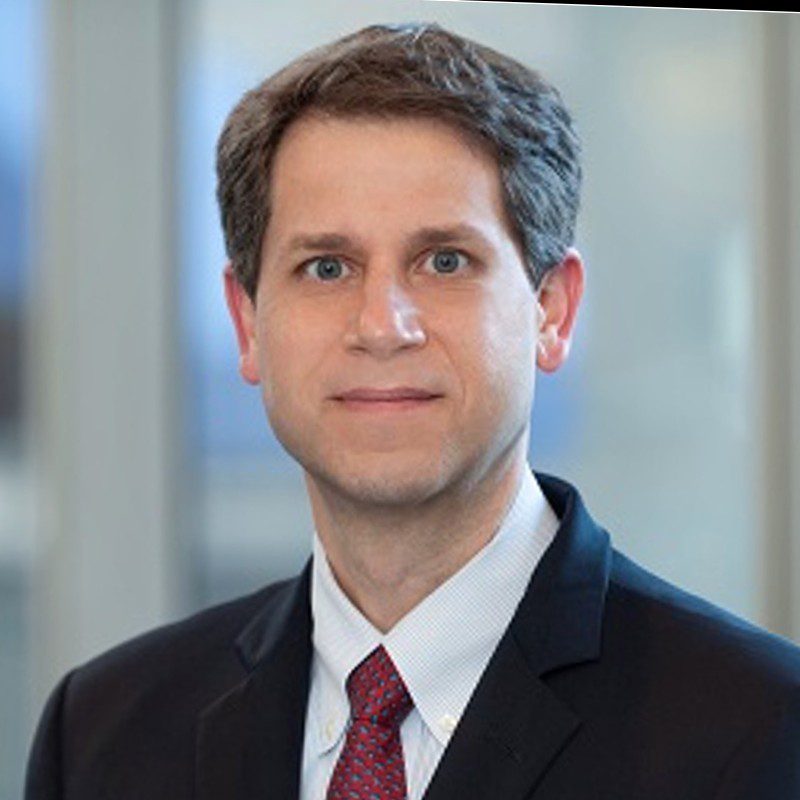
William D. Tap, M.D.
-
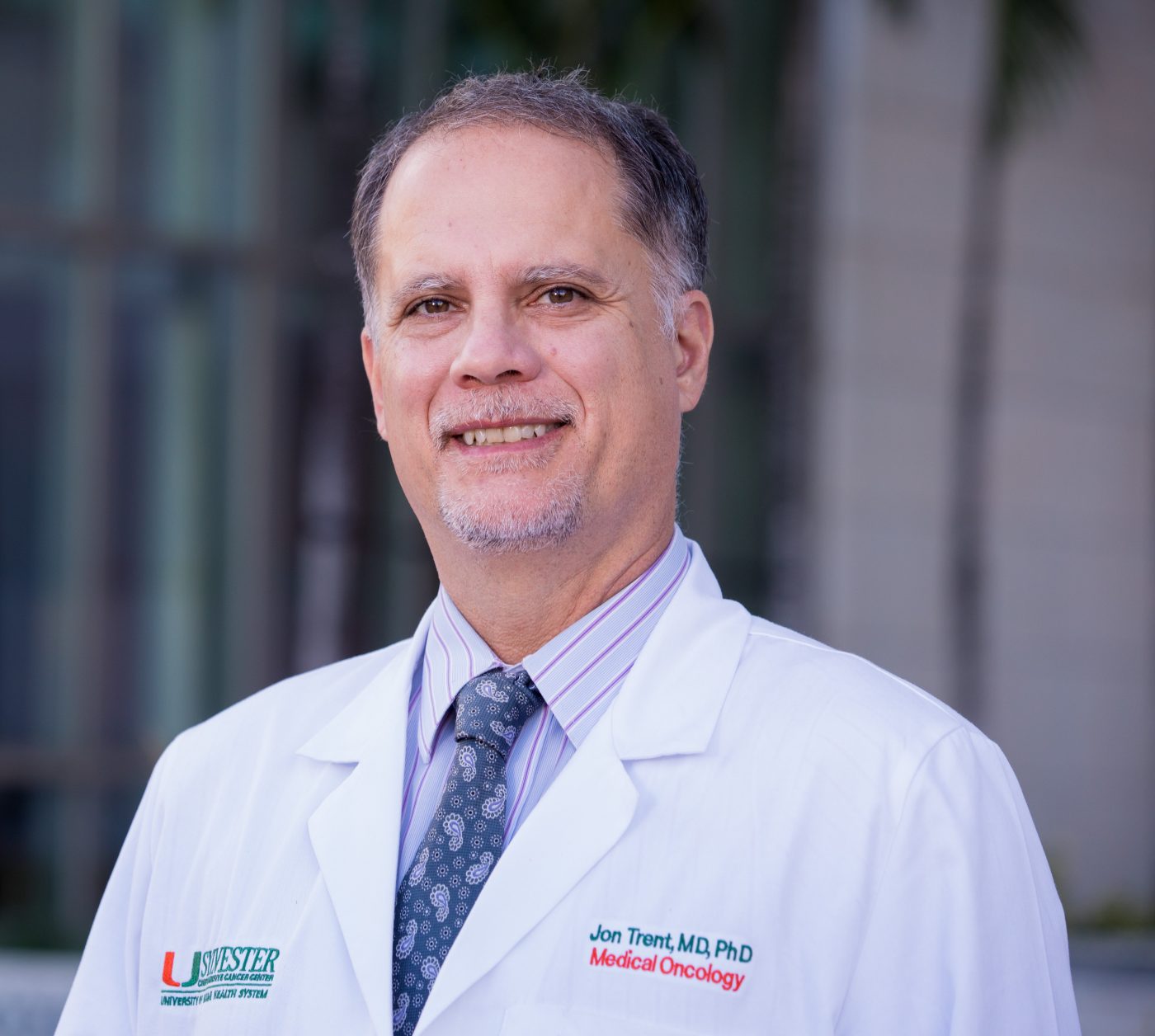
Jonathan C. Trent, M.D.
-
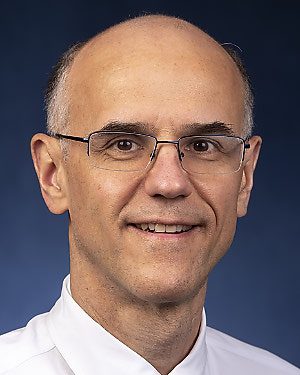
Christian Meyer, M.D., Ph.D.
-
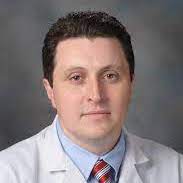
Anthony P. Conley, M.D.
-

Neal Chawla, M.D.

William D. Tap, M.D.
William D. Tap, M.D. is a medical oncologist, and the Chief of Sarcoma Medical Oncology Service at Memorial Sloan Kettering Cancer Center in New York City. He is also the Past President of CTOS: Connective Tissue Oncology Society. He received his medical degree from Sidney Kimmel Medical College at Thomas Jefferson University and has been in practice for more than 20 years. Dr. Tap explains that it is difficult to develop broad treatment approaches for chondrosarcoma, however, the paradigm is shifting as nuances within these rare diseases are being better understood. As such, unique treatment opportunities are being developed internationally for patients with chondrosarcoma and other soft tissue sarcomas.

Jonathan C. Trent, M.D.
Jonathan C. Trent, M.D., is the Associate Director of Clinical Research and Director of the Bone and Soft-tissue Sarcoma Group, for the Sylvester Comprehensive Cancer Center in Miami, FL. Dr. Trent’s interests are in the clinical and translational research of sarcomas, direct care of sarcoma patients, and education about sarcoma. As Associate Director for Clinical Research, his goal is to help Sylvester Faculty develop clinical trials that provide clinically effective and scientifically exciting therapy to cancer patients of South Florida and beyond. The major focus of his clinical, educational and research efforts are with gastrointestinal stromal tumor (GIST), Chondrosarcoma, and other sarcomas. The major efforts of Dr. Trent’s research focus on understanding the mechanisms of action and resistance of imatinib in GIST and other sarcomas while striving toward improved therapeutic options. His work involves the use of novel preoperative/postoperative clinical trials, prospectively acquired tumor tissue, cell lines, archival tissue, as well as collaborations with disciplines such as the genomics facility, surgical oncology, pathology, radiology and interventional radiology.
Dr. Trent was invited to join the Chondrosarcoma Foundation board because of the successful clinical trials he conducted using Ivosidenib (Tibsovo), a medication used to inhibit the IDH 1 biomarker in Chondrosarcoma. Dr. Trent will help us in the future role medications like Ivosidenib will have in treating Chondrosarcoma. According to Dr. Trent, the future will bring a set of medications to inhibit, suppress and irradicate the growth of cancer cells. These medications might even be used to primarily treat Chondrosarcoma as opposed to conducting surgery with wide margins.

Christian Meyer, M.D., Ph.D.
Christian Meyer, M.D., Ph.D. is the Assistant Professor and lead medical oncologist for adult sarcoma patients at Johns Hopkins University in Baltimore, Md. Dr. Meyer received his bachelors and master’s degrees in cell and molecular biology from Stanford University. From there, he joined the Medical Scientist Training Program at Baylor College of Medicine and earned his medical degree followed by a doctorate in immunology. Dr. Meyer completed his residency at the University of Maryland and served as chief resident in medicine from 2004-2005. Afterward, he joined the fellowship program in medical oncology at Johns Hopkins University and has been working in the laboratory of Jonathan Powell, M.D., Ph.D., on projects relating to the characterization of molecular regulatory pathways involved in T-cell activation and energy. As a third-year fellow, Meyer served as the chief fellow for Training Programs in Hematology and Medical Oncology and he received a Young Investigator Award from the American Society of Clinical Oncology in 2010.

Anthony P. Conley, M.D.
Anthony P. Conley, M.D. is the Associate Professor of the Department of Sarcoma Medical Oncology, Division of Cancer Medicine at the University of Texas MD Anderson Cancer Center in Houston, TX. Dr. Conley received his Doctor of Medicine degree at the University of Texas, Medical Branch in Galveston, Texas in 2004. In 2011, Dr. Conley did post-doctoral work in Sarcoma Research for the University of Texas MD Anderson Cancer Center. Most recently, Dr. Conley was the Principal Investigator for the Phase 2 Clinical trials for INBRX-109, the medication granted orphan-drug designation by the FDA to treat Conventional Chondrosarcoma.

Neal Chawla, M.D.
Neal Chawla, M.D. is a native of Southern California. He has had a life-long ambition to be become a Sarcoma Oncologist. Upon completing his medical education at M.S. Ramaiah Medical College in Bangalore, India, he returned to Southern California to conduct oncology research in the field of Sarcoma at the Sarcoma Oncology Center. Simultaneously, he completed a course at Harvard Medical School’s Cancer Biology and Therapeutics course in 2016.
Dr. Chawla completed his Internal Medicine residency training in Chicago, IL at Illinois Masonic Medical Center in 2020. From there he joined the City of Hope Comprehensive Cancer Center as a post-doctoral research fellow until 2021, when he joined the Hematology/Oncology Fellowship program at City of Hope.
He is now at the Sarcoma Oncology Center, acting as the Associate Director of Clinical Research. He is committed to clinical and translational Sarcoma research, with a particular interest in Chondrosarcoma.
